Today it is raining (again), the mosquitos in the woods are unbearable, and the high temperature will not crack 60 degrees. Not the idyllic mid-June days we dream of during the depths of winter, but the last week has graced us with exceptional weather. Even in the rain, there is such beauty surrounding us. We need to get outside and enjoy that beauty. We need to prioritize our connection to nature, and in doing so, we will find ourselves trending toward happier, healthier, more balanced individuals.
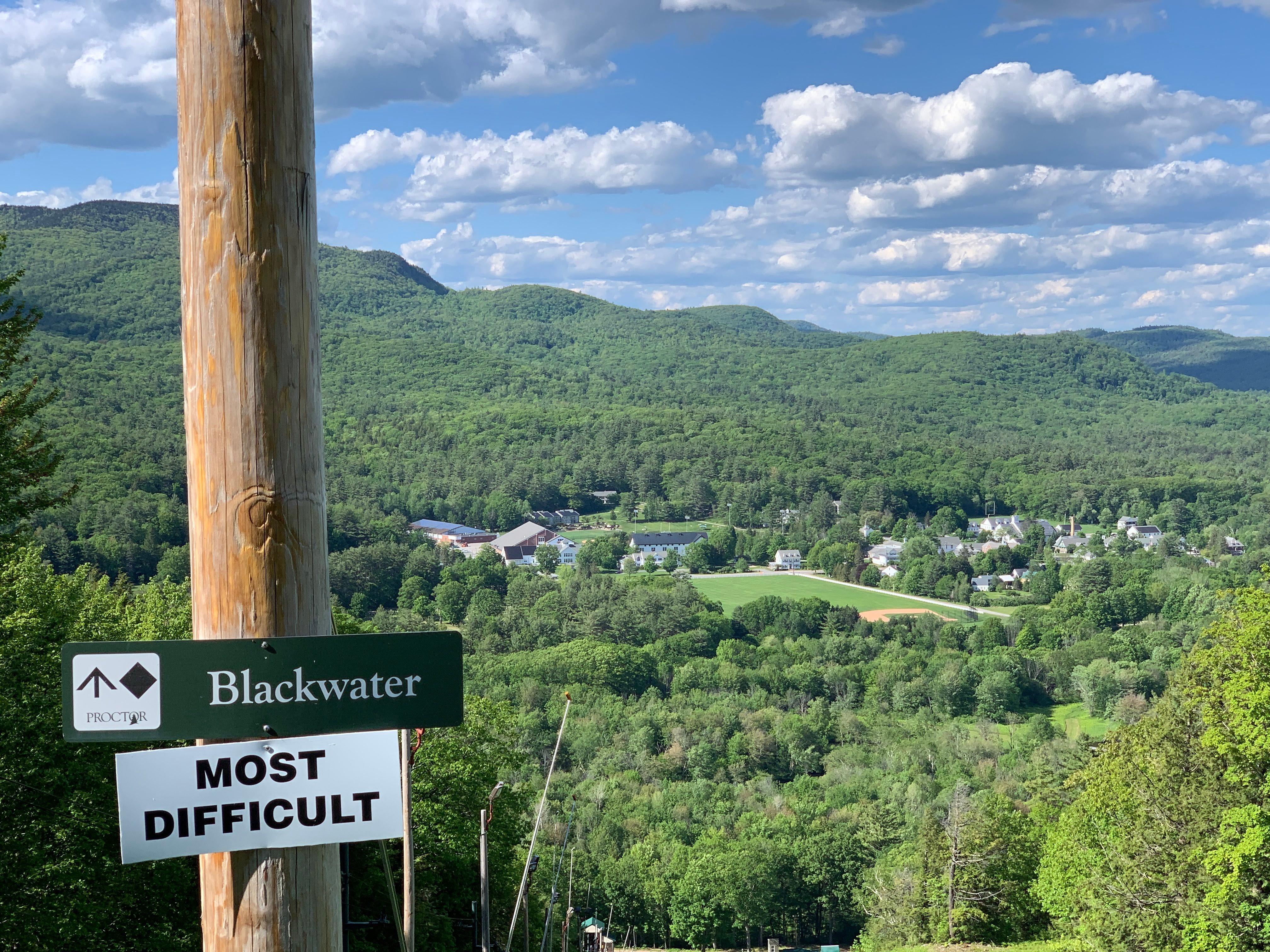
This is not a new notion for us at Proctor. Since our earliest days, the community has valued human connection to the natural world. Head of School James Francis Morton built a trail system behind the first academic building in 1891, and Proctor has gradually acquired more than 2,500 acres of ecologically diverse woodlands over the past century. We have a remarkable wildlife ecology curriculum and engage students in woodland management through afternoon activities like Woods Team. Helping students understand their connection to this land has always been, and will always be, central to our work as a school.

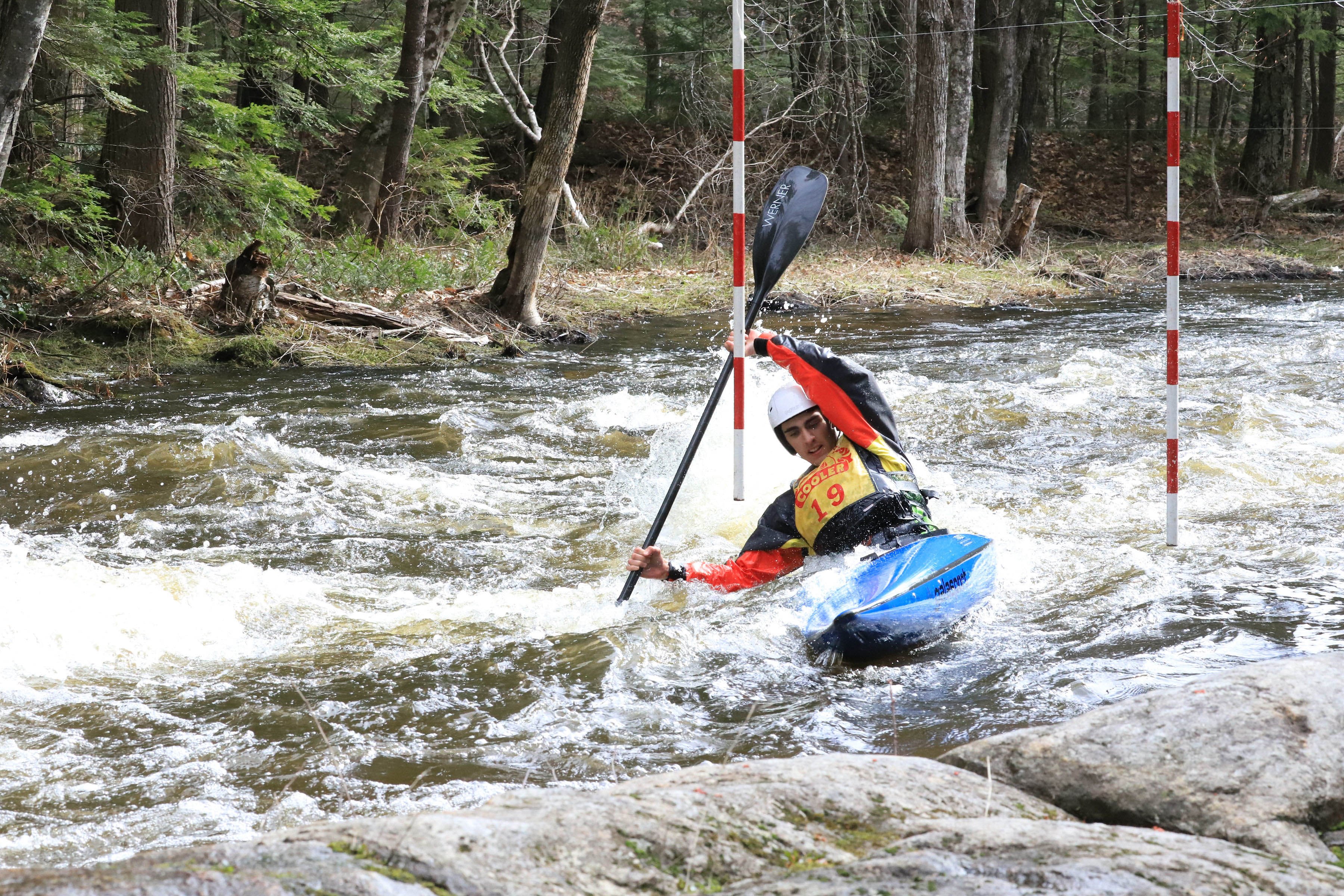
Whether it is kayaking the Blackwater River, chopping firewood for our four wood-heated dormitories and sugar house, hiking on Wilderness Orientation, or gathering sap during Project Period, when we are engaged with nature, we fundamentally feel different. Our mood lightens, our senses quicken. We are reminded there is more to life than emails, Instagram feeds, and lesson plans. We must move away from the concept of maximizing our life, to the idea of optimizing our life. More is not always better. It's ok to take a break from being productive and to spend time in nature.
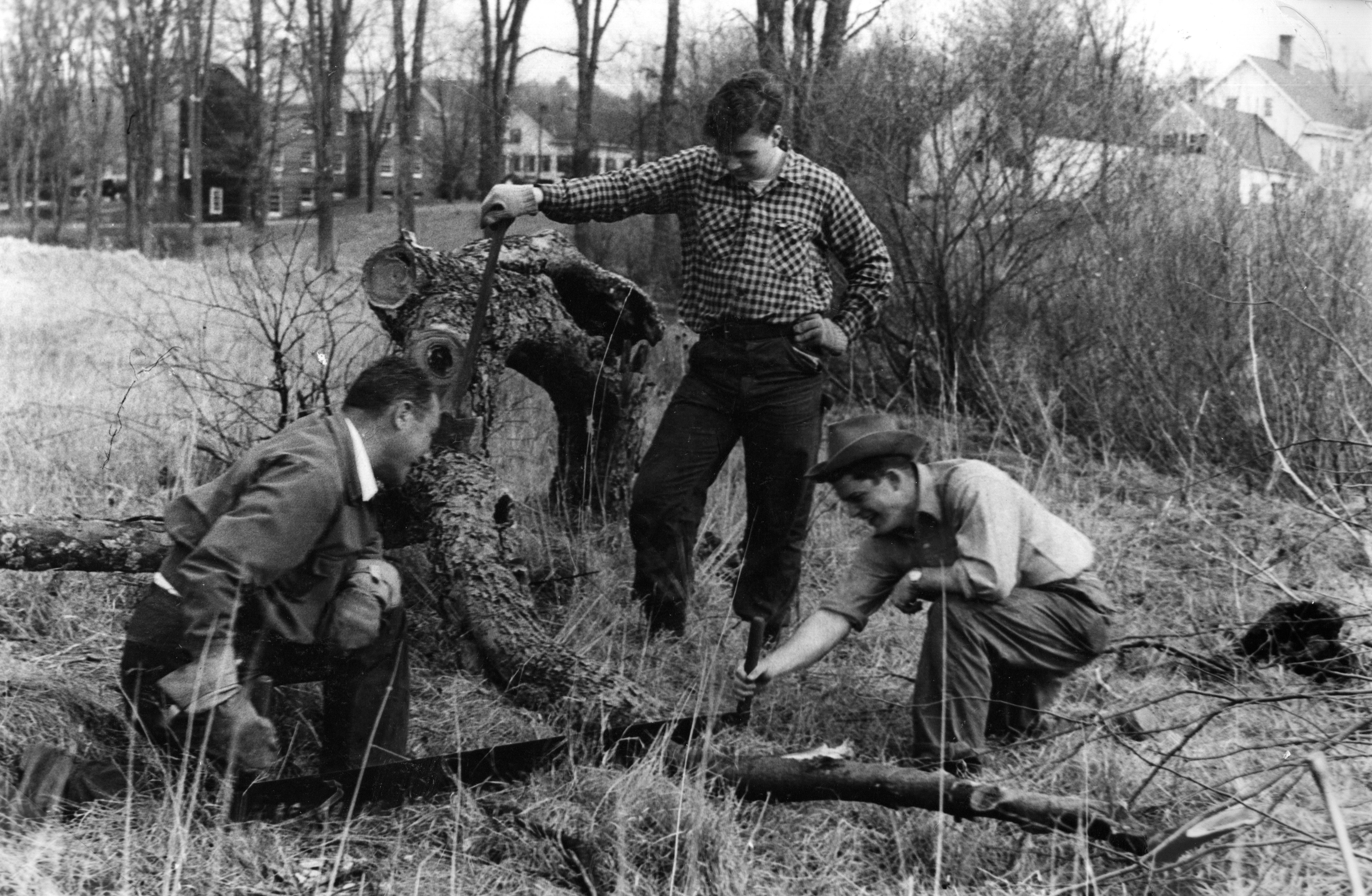
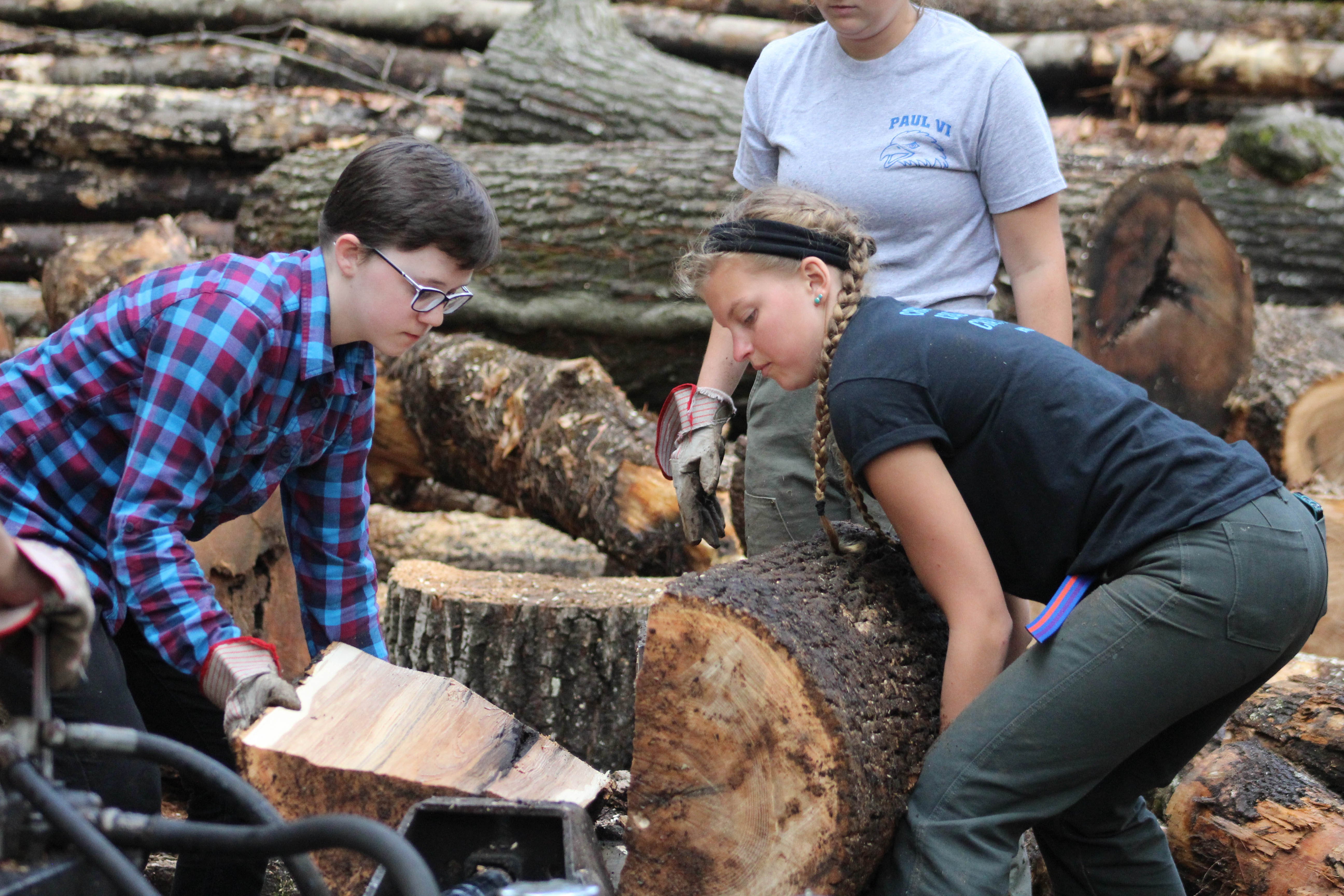
A recent Outside Magazine feature by Aaron Reuben (we highly recommend you read it HERE) explores the connection between nature and our mental health. The piece references early research done by Roger Urlich in which he found exposure to non-threatening natural stimuli were “favorable to ongoing well-being or survival”. Reuben writes, “These stimuli appear to signal our brains that it is time to take a breather, and allow us to turn down our fight-or-flight system, restore our resources, and approach things that are good for us, like finding food or socializing.” He adds, “Specifically, we have learned that nature tends to result in reduced circulating levels of the stress hormones adrenaline and cortisol and the inflammatory marker immunoglobulin A.”
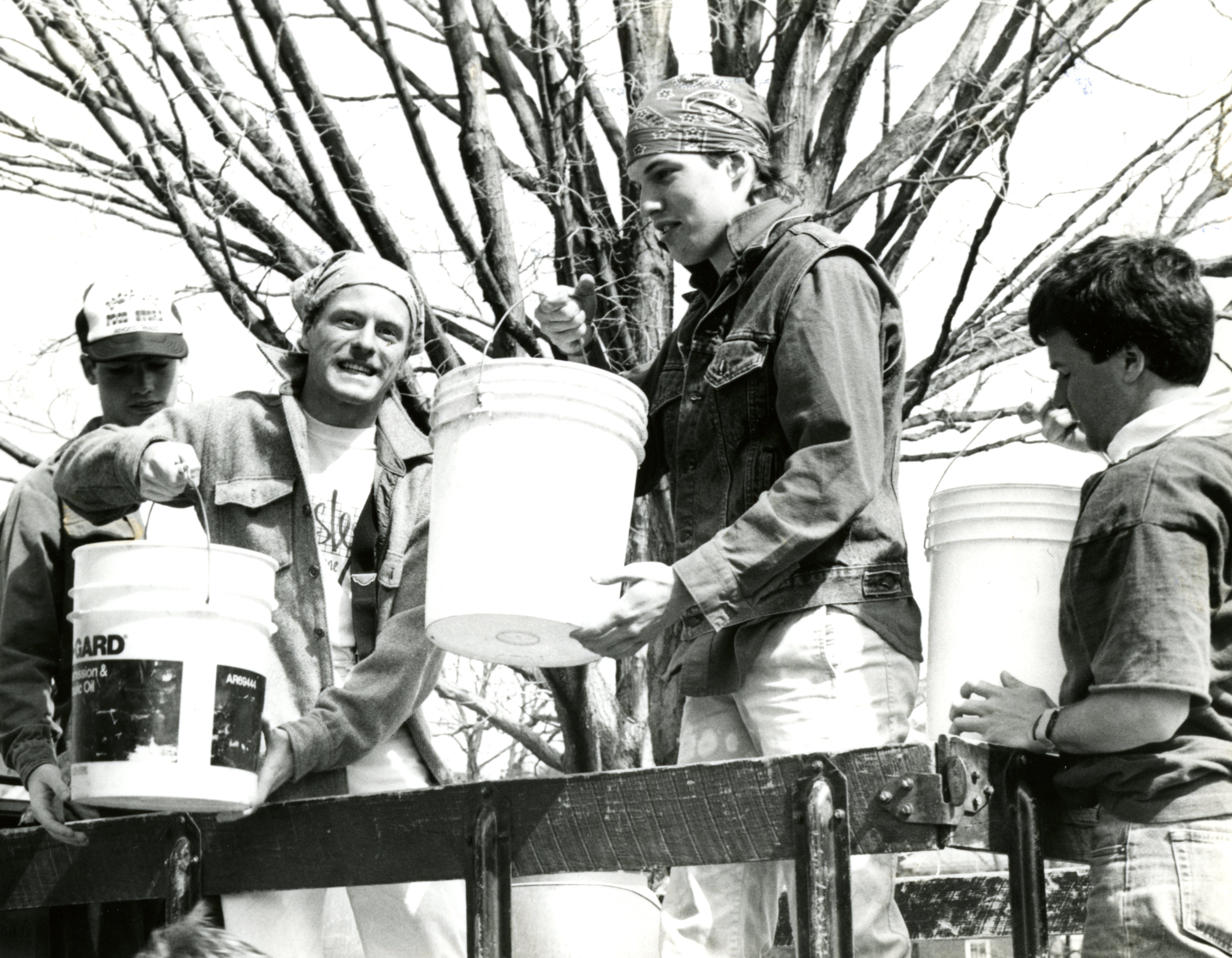
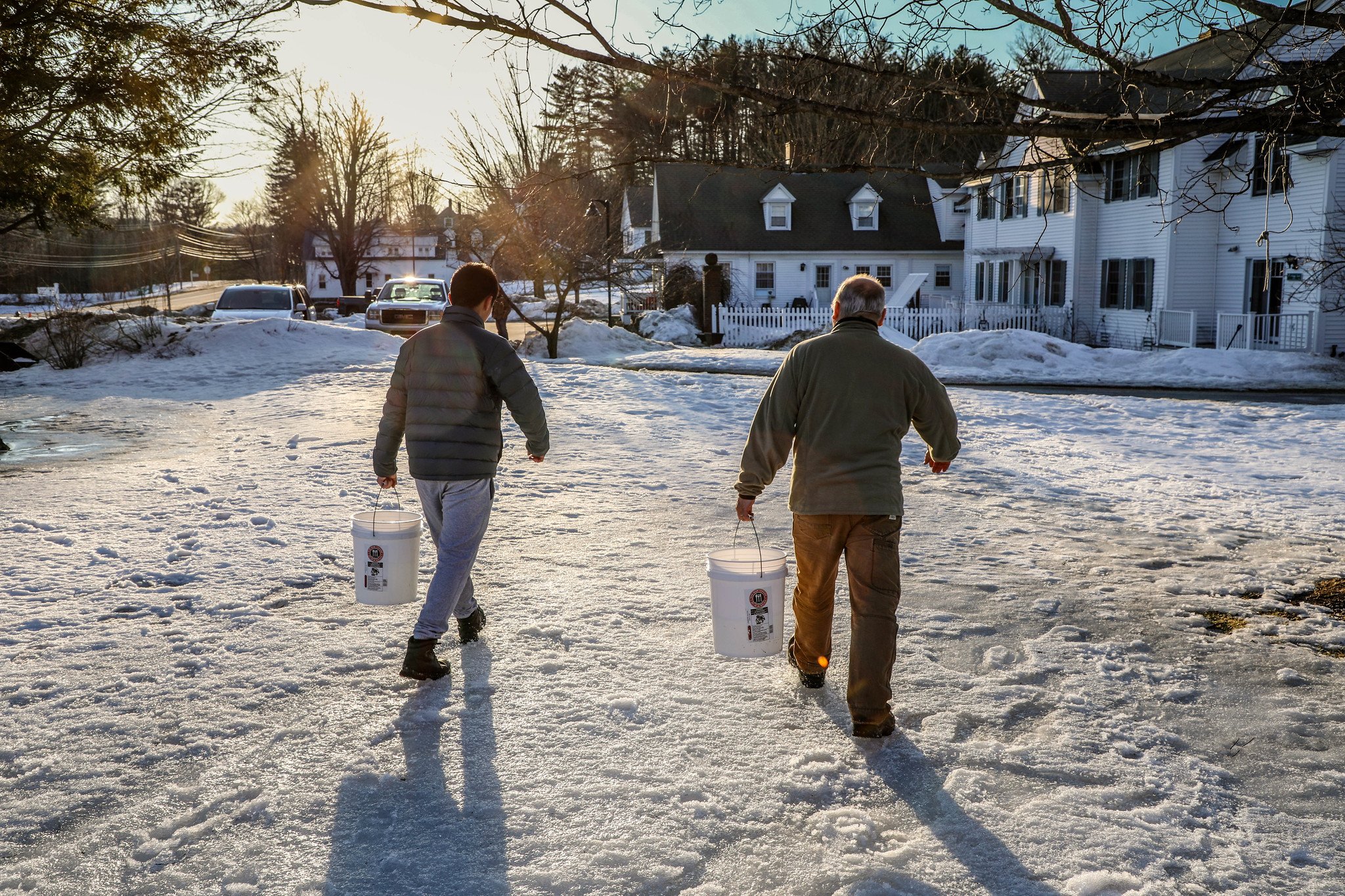
Reuben references another study conducted by Kristine Engemann and Jens-Christian Svenning of Aarhus University in Denmark. They found, according to Reuben, “Children raised in the least green neighborhoods were 55 percent more likely to develop a mental illness than their peers who grew up in the greenest neighborhoods, regardless of social standing, the area’s level of affluence, or parental history of mental illness.” Yet another 2018 study found the presence of small, micro-parks in the Philadelphia area led reduced cases of mental illness in the populations who lived near those randomized micro-parks. In short: we benefit from being around nature, even if we aren’t consciously seeking a connection to it.

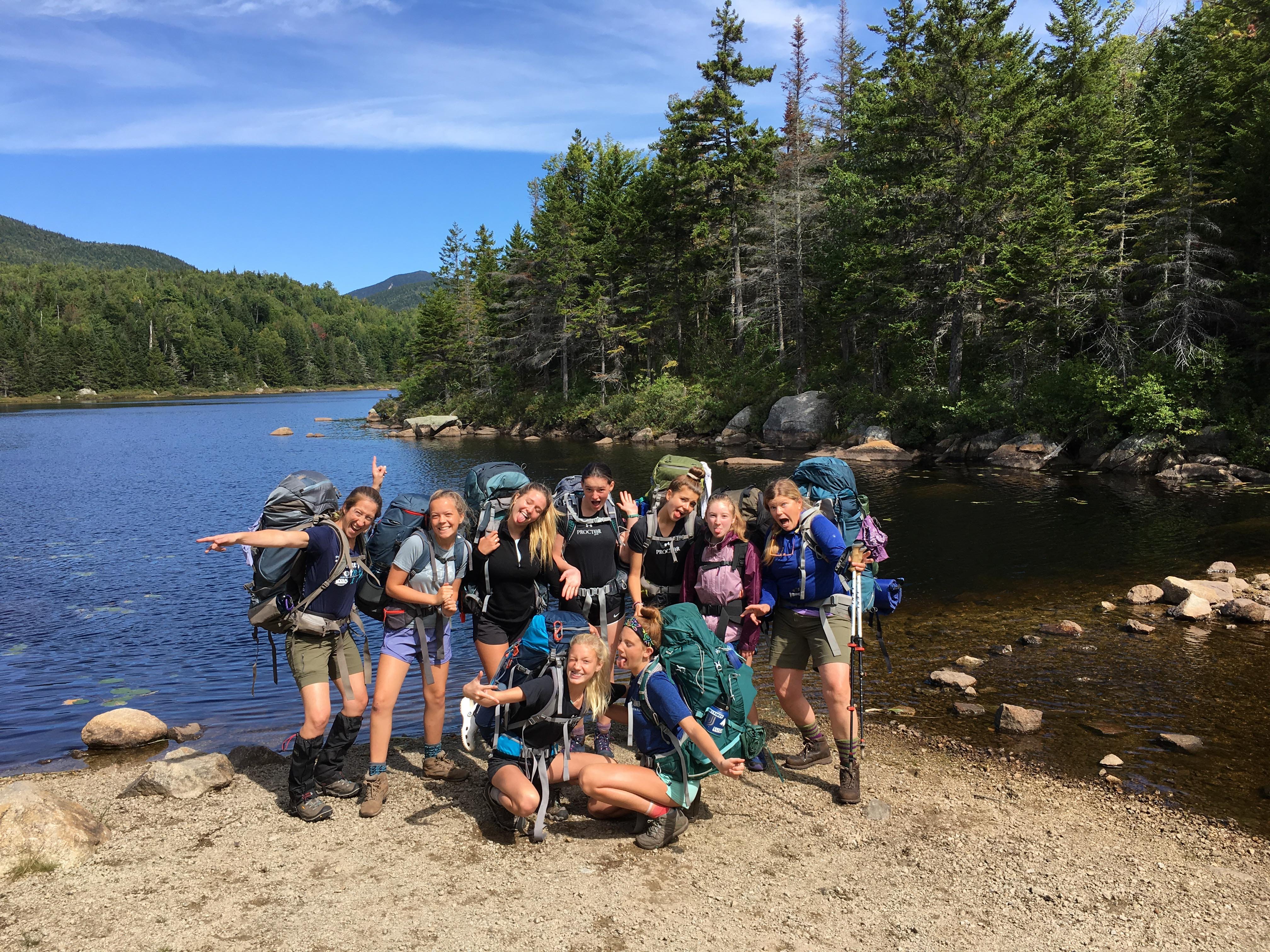
These findings reinforce what we all know, what we all experience every time we step foot outside: when we prioritize our connection to the natural world, we are healthier, happier, and more able to manage the stressors that inevitably flood our lives. As we wind our way through these slower days of summer, may we soak up as much time outside as possible. And when students return to campus in the fall, we must find regular opportunities to nurture their connection to the natural world as well. Wilderness Orientation is a great way to start the year, but a sustained relationship with the outdoors is what we all need. Now, stop reading this post and go outside and play!









